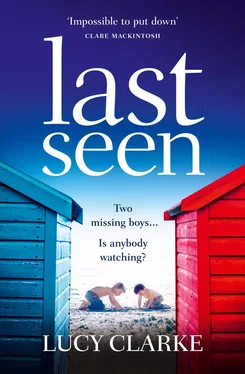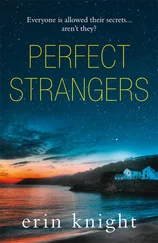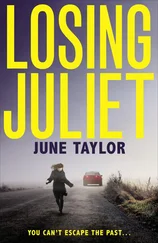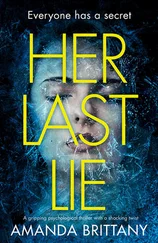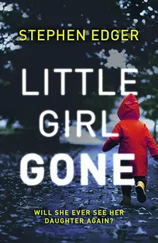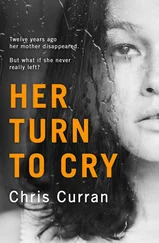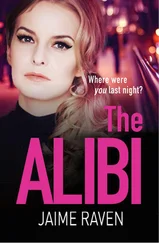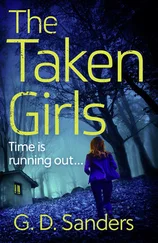I squeeze my eyes shut and swear under my breath. What did I expect?
I don’t know why I let it happen, not on his birthday. I shouldn’t have risen to his challenge. I went too far. We both did. Diffuse, not antagonise , Nick is fond of telling me. ( Thank you, Nick. I’d never have thought of that myself. )
When Jacob was little, Nick would always ask my opinion on what Jacob needed, how best to dress a cut on his knee, or whether he could do with a nap, or what he might prefer to eat. But, in the last few years, my confidence in knowing what my son needs has slipped away. In his company, I often find myself at an utter loss as to what to say – asking too many questions, or not the right ones. On the odd occasion that Jacob does confide in me, I feel like a desert-walker who has come across a freshwater lake, thirsting for closeness.
Last night, as Jacob swung round to face me, I couldn’t think what to say, what to do. Maybe it was because seventeen is like a line in the sand; he’d just stepped over it into adulthood – but I wasn’t ready. Maybe that’s why I said the things I did, trying to pull him back to me.
I descend the ladder now, feeling the full weight of my headache kicking in. I’m sure Jacob will have stayed out with his friends – he’ll probably roll in at mid-morning, a hangover worsening his mood. Yet still, I feel the tentacles of panic reaching, feeling their way through my chest.
Coffee. That’s what I need. I pump water into the kettle, then light the hob, listening to the rush of gas. As I wait for the water to boil, I have a strange, uncomfortable sensation that this is going to be my life one day: just me, alone, making coffee for one. It makes sweat prickle underarm, dread loosening my insides.
I reach out and snap on the battery-powered radio. A song blares into the hut – Jacob and I are always having radio wars, he switching it from Radio 4 to a station he likes, knowing I’ve still not learnt how to use the Memory button, so I must manually retune it to find my station again. But this morning, I like the noise and the thrash of guitars. I’ll leave it on. That way, when he comes back it’ll be playing.
Once I’ve made myself a coffee, I use the rest of the hot water to wash my face. There’s a toilet block nearby, but the sinks are usually mapped with sand or the white trails of spat-toothpaste. Diane and Neil next door have installed a water tank beneath their hut, and rigged up a heater from their solar panels so they can have hot running water at the flick of the tap. Isla thinks it’s an extravagance – another sign of the beach huts becoming too gentrified – but I’d laughed and said I’d be adding that to Nick’s To Do list.
I pat my face dry, then move to the windows, pulling up the blinds. Sea, sky and morning light spill into the hut and my breathing immediately softens. The early sun lies low to the horizon, the glassy sea tamed beneath it.
Stepping out on to the deck, the air is fresh and salted. I love this time of day before the breeze picks up and stirs white caps, when the light is soft against the water and the sand is empty of footprints. If Nick were here, he’d take his daily swim before leaving for the office, but right now he’ll be waking in a hotel room. I picture him shaving off the weekend’s stubble in a windowless en suite, then making an instant coffee with one of those silly miniature kettles. I don’t feel sorry that he’s there; he thrives on that kick of adrenalin that will be firing through him as he runs through the pitch for a final time, making sure he’s got just the right blend of humour, professionalism and hard facts. He’ll be brilliant, I know he will. His agency is pitching for the print advertising for a confectionery company that he’s been wooing for months. I’m keeping everything crossed for him. I know how much Nick needs it.
How much we need it.
Standing at the edge of the deck, I glance across to Isla’s hut. It stands shoulder to shoulder with ours – exactly five feet between them. In the summer that our boys turned seven, Jacob and Marley had fastened sheets above the shaded pathway running between the huts, calling it their Secret Sand Tunnel. Their games usually involved wanting to be in the water, or making dens in the wooded headland at the far end of the sandbank, so Isla and I were delighted to have them playing close by where we could hear the soft murmur of their chatter through the wooden walls of our huts, like mice in the eaves of a home.
In the clear morning light, I notice how tired Isla’s hut looks. The plywood shutters, which were hurriedly fixed across the windows last night, give the air of eviction, and the deck is empty of her faded floral sun-chair and barbecue. Several planks of decking are beginning to rot, mould lining the grooves. The yellow paintwork of the hut is peeling and flaking, and the sight saddens me, remembering how bright and vivid her hut was the first year she owned it – sherbet lemon yellow , she called the colour.
I feel my throat closing. Everything felt so fresh at the beginning. That first summer we met, I remember my father asking hopefully, ‘Is there a boy?’
I’d laughed. In a way, meeting Isla was like falling in love. We wanted to spend every free moment together. We would call each other after school, and have long, laughter-filled conversations that made my cheeks ache from smiling so hard, and my ear pink from being pressed close to the phone. My exercise books were filled with doodles of her name, and I’d find ways to bring her into conversation, just so she would feel present and real to me. Our friendship burst to life like a butterfly shedding its chrysalis: together we were bright and beautiful and soaring.
What happened to those two girls?
You didn’t want me here , Isla hissed last night before leaving to catch her flight.
I wondered if I’d feel guilty this morning. Regret the things I’d said to her.
I pull my shoulders back. I don’t.
I’m relieved she’s gone.
It was so close to being perfect.
We were best friends.
We spent our summers living on a sandbank in beach huts next door to one another.
We fell pregnant in the same year – and gave birth to sons three weeks apart.
Our boys grew up together with the beach as their playground.
It seemed impossible, back then, to imagine that anything could come between us.
Yet perfect is a high spire to dance on – and below there’s nothing but a very long drop …
A strong briny scent rose from the stacks of blackened lobster pots, where a flock of starlings hopped and chattered, iridescent feathers catching in the sunlight. At the harbour edge, the water gurgled and slopped. Sarah crouched down and dipped her forefinger into the water, then brought it to her lips and sucked it. She thought for a moment, then said, ‘Notes of engine oil, fish guts and swan shit.’
I grinned. I’d known Sarah for precisely one hour and forty-five minutes, but already we were friends. She had a good laugh – mischievous and surprisingly loud – yet there was something almost apologetic about the way she lifted a hand to her mouth as if to contain it.
Right now we were meant to be crammed into a sweltering studio taking part in a week-long drama workshop. I had my mum’s Reiki clients to blame for losing a whole week of the summer holidays; Sarah said she’d signed herself up as it was better than being at home. During the first break, we’d sat on the sun-warmed steps outside, drinking cans of Cherry Coke, and decided we wouldn’t be going back indoors.
Читать дальше
